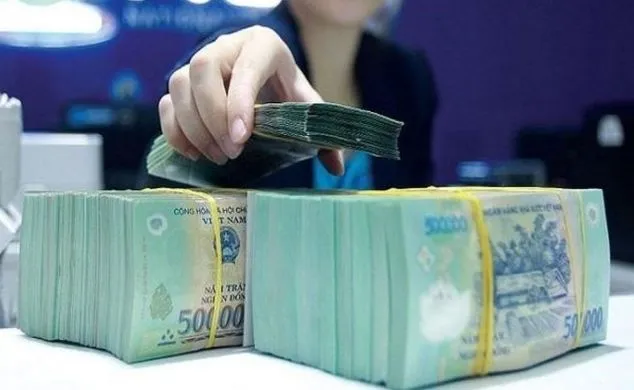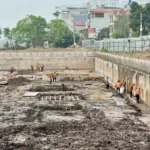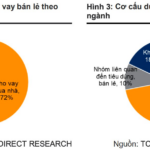On June 14th, with an overwhelming majority of 452 out of 453 National Assembly deputies voting in favor, Vietnam’s National Assembly passed the Law on State Capital Management and Investment in Enterprises.
This newly passed law empowers the members’ council or chairman of a company to decide on salary policies, remuneration, bonuses, and other benefits for employees and management positions within the enterprise. This is a departure from previous laws, where the government dictated these compensation policies for state-owned enterprises.

Illustrative image
The law also introduces a novel provision, entrusting the government with determining the remuneration and bonuses for direct representatives of the owner and inspectors in state-owned enterprises. Their compensation will be derived from the enterprise’s post-tax profits.
Additionally, the law stipulates that the direct representatives of the owner, inspectors, general directors, and other managerial positions as per the company’s charter will receive their salaries from the enterprise’s common salary fund.
Concerning post-tax profit distribution, the law mandates that up to 50% can be allocated to the Investment Development Fund for business expansion and investment purposes. Furthermore, state-owned enterprises are permitted to allocate up to three months’ worth of salaries to establish a Reward and Welfare Fund based on the enterprise’s evaluation and ranking.
Notably, state-owned enterprises directly serving national defense and security are entitled to receive government support to establish a Reward and Welfare Fund of up to two months’ salary if their post-tax profits fall short. This support is contingent on the enterprise’s evaluation, ranking, and fulfillment of national defense and security tasks.
The remaining post-tax profits are to be utilized for establishing funds as stipulated by relevant laws.
No Restrictions on Real Estate Business Ventures
In another significant development, the passed law removes the initial draft’s restriction on state-owned enterprises investing in the real estate sector. This change demonstrates a shift in perspective, granting state-owned enterprises more autonomy in their business ventures.
Previously, the Chairman of the National Assembly’s Committee for Economic and Financial Affairs, Phan Van Mai, reported on the reception and adjustment of the draft law. He conveyed that some opinions advocated restricting real estate investment solely to large state-owned enterprises.
However, the National Assembly Standing Committee asserted that enterprises with state capital should be allowed to engage in business activities compliant with legal regulations and the state’s orientation as the owner through the company’s charter, development strategy, and other governing documents.
Imposing restrictions on real estate investment for all state-owned enterprises would hinder their business autonomy. Thus, the National Assembly Standing Committee opted to exclude this provision from the final draft of the law.
The Rising Cost of Social Housing
Social housing in Hanoi is becoming increasingly expensive, with some projects priced at up to 27 million VND per square meter. This price exceeds the affordability of many low-income earners, and with the current requirement that an individual must earn less than 15 million VND per month to qualify for social housing, many are now being priced out of the market.
Unlocking Vietnam’s Railway Renaissance: A Visionary Proposal from the Prime Minister to Transform the Industry with a $24.5 Billion Revenue Giant.
The company’s forte lies in transportation and logistics. With a fleet of cutting-edge vehicles and a team of industry veterans, they navigate the complexities of modern transportation with ease. Their expertise spans across land, sea, and air, ensuring seamless delivery every time. This group is the linchpin that keeps the world’s supply chains turning.










































